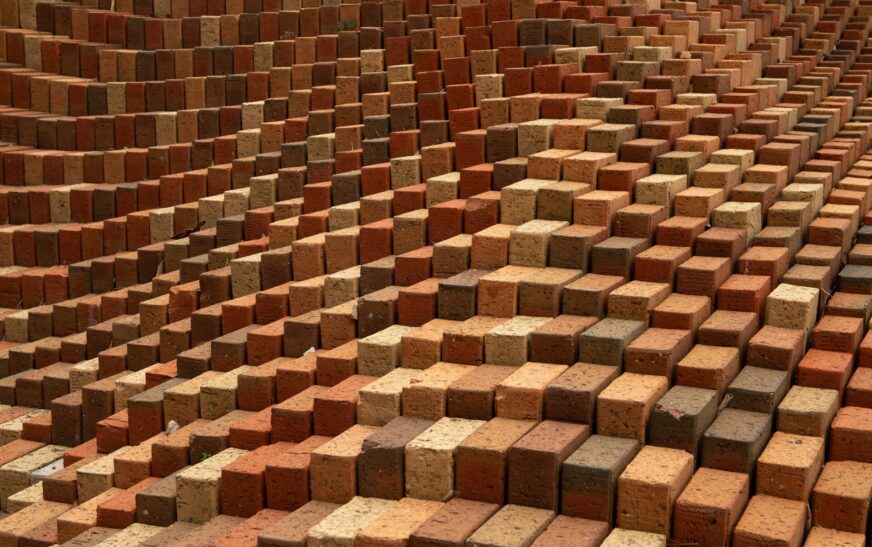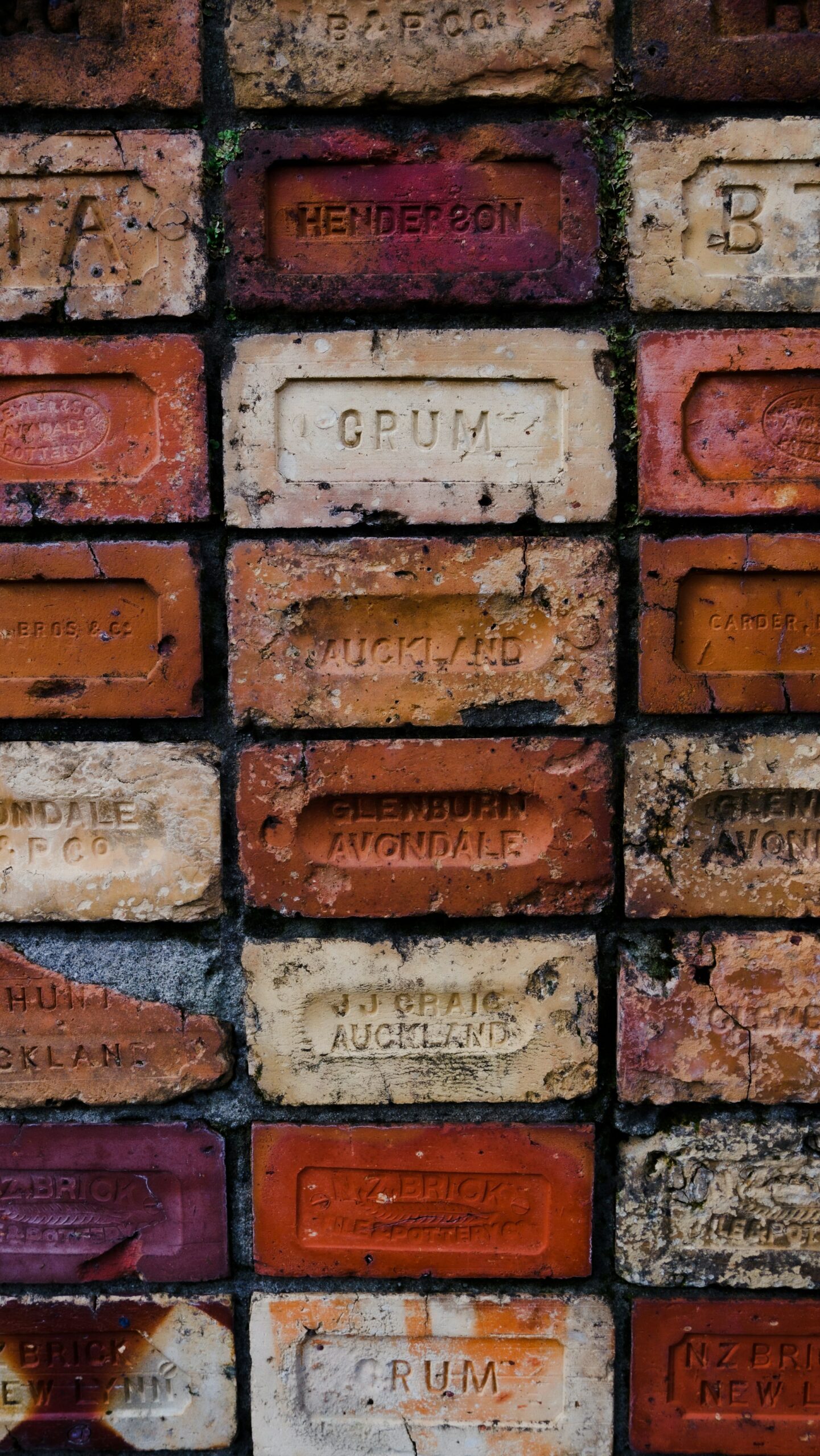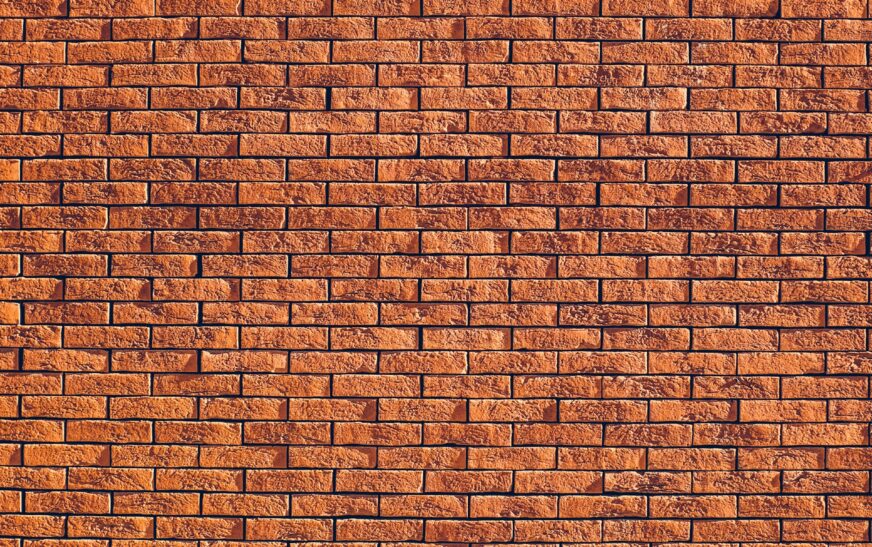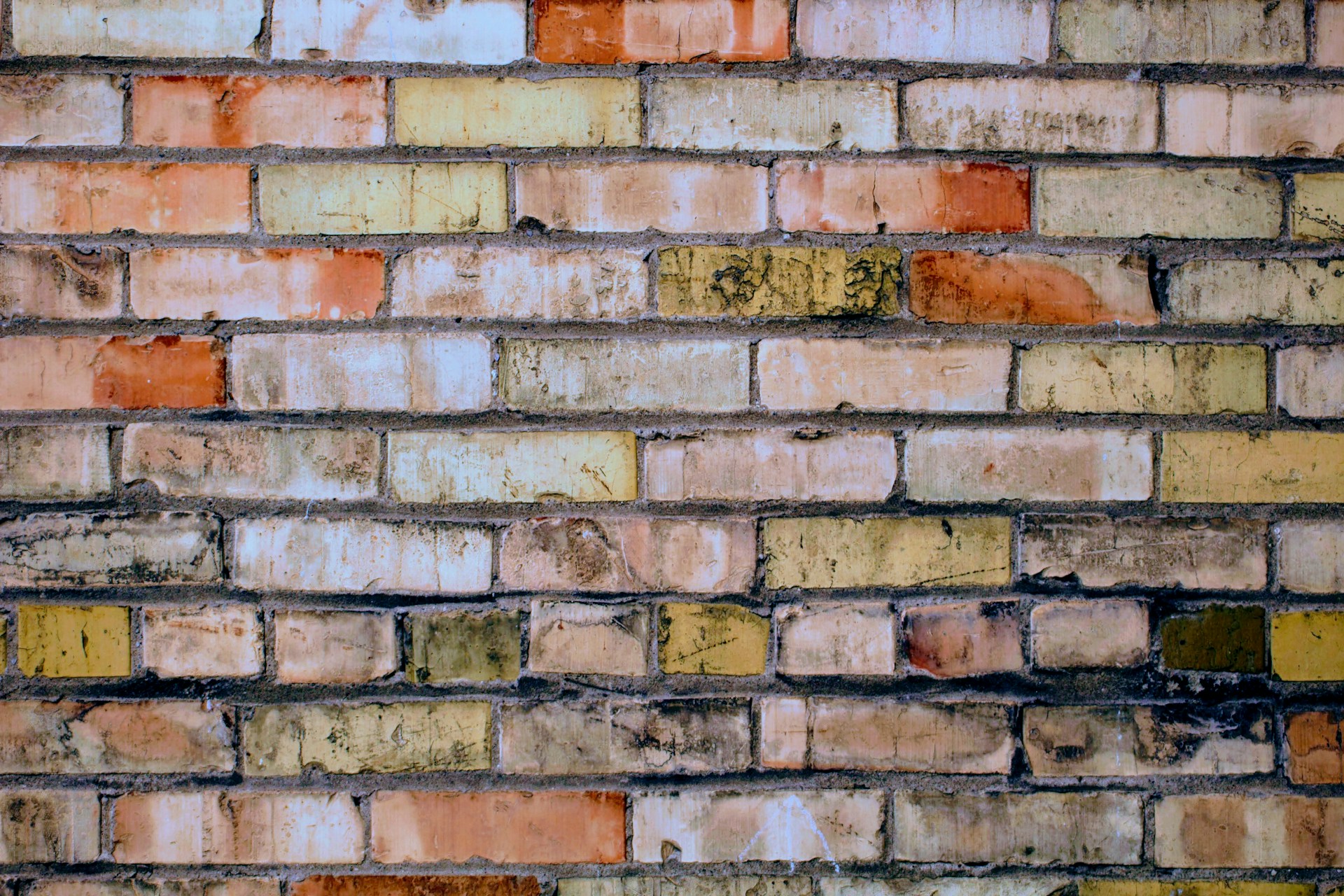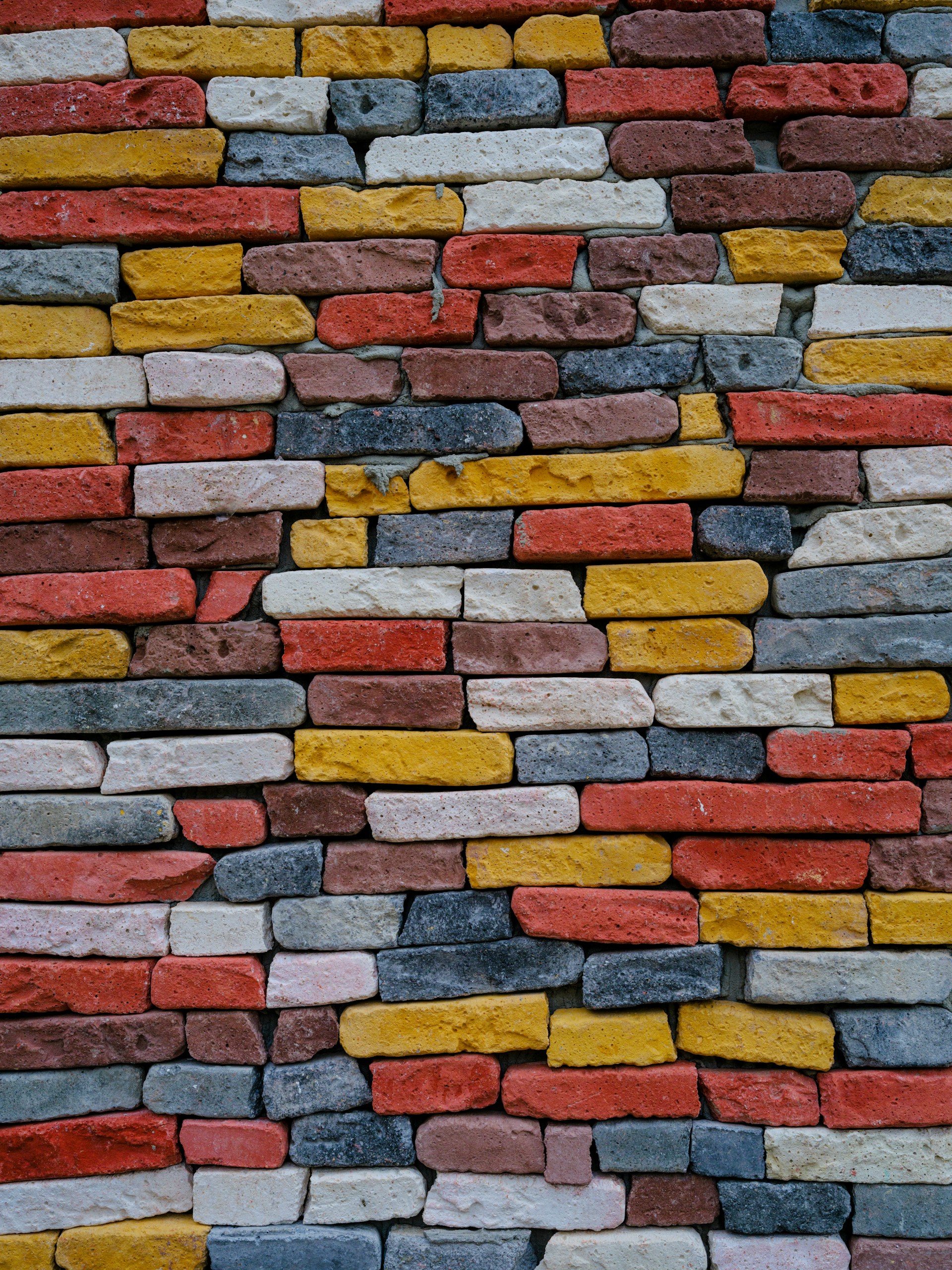“How much does a brick weigh?” At first glance, it seems like a straightforward question. But dig a little deeper, and you’ll discover a surprisingly fascinating mix of material science, architecture, and practical engineering. Spoiler: not all bricks are created equal.
A Brick Is Not Just a Brick
Ask any builder, and they’ll tell you: some bricks are hefty, some are lightweight, and some are deceptively sneaky. Are we talking clay, concrete, or fly ash? Solid, perforated, standard size, king-size, or engineering-grade? Suddenly, a “simple” question gets complicated.
Material Matters: The Core of Brick Weight
The type of brick you choose makes a huge difference.
- Clay bricks: Dense, kiln-fired, and strong. These guys pack serious mass.
- Concrete bricks: Lighter, molded, and cured with lighter aggregates—easier on your back, but still sturdy.
Even moisture can tip the scales. Bricks stored outside can soak up water, adding temporary weight. Builders notice. Engineers definitely notice.
Size and Structure: More Than Meets the Eye
Think all bricks are solid blocks? Think again.
- Cored bricks: Hollow sections reduce weight, making them easier to handle and more thermally efficient.
- Paving bricks: Usually solid, built for durability—heavier but perfect for high-traffic areas.
The takeaway: perforations, size, and type all affect weight, and even small differences can impact construction plans.
Real-World Context: Why Brick Weight Matters
Knowing how much a brick weighs isn’t just fun trivia. It matters for:
- Structural engineering: Load-bearing calculations are serious business.
- Logistics and transportation: One brick is fine. Hundreds? Not so fine.
- Foundation planning & wall design: Uneven distribution or too much weight can cause cracks or worse.
Basically, ignoring brick weight is a recipe for headaches… and maybe a few very surprised engineers.
Read More : What Is Brick Cheese? A Deep Dive into This Wisconsin-Born Classic
Beyond the Numbers: Why People Ask
Why does “how much does a brick weigh” keep popping up on Google?
Because the answer isn’t one-size-fits-all. It depends on:
- Type of brick
- Intended use
- Regional building standards
From DIY homeowners to seasoned builders, the question persists—because the answer depends entirely on context.
Bottom line: A brick is more than just a block. It’s a carefully designed building element with weight, purpose, and even personality. Treat it wisely, and it will support your structure for years… or at least until you drop it on your foot.

